Elecnor Deimos takes part in the ESA's ExoMars Mars exploration programme
ExoMars is the Mars exploration programme established by the European Space Agency in partnership with the Russian Federal Space Agency. The programme includes two missions, the first of which will be launched on 14 March, with the second scheduled to be sent in two years' time.Elecnor Deimos is playing a pivotal role in the ExoMars team and is responsible for the design, analysis and verification of the entry phase into the atmosphere of Mars of the Landing Demonstrator Module. It was also very actively involved in the design and in the navigation system for the interplanetary transfer phase.
Madrid, 11 March 2016.- Establishing if life ever existed on Mars is one of the outstanding scientific questions of our time. And it is to address this goal that the European Space Agency (ESA), in partnership with the Russian Federal Space Agency Roscosmos, has established the ExoMars program to investigate the Martian environment and to demonstrate new technologies paving the way for a future Mars sample-return mission in the 2020s.
The ExoMars programme includes two missions that will be carried out in tandem with Roscosmos. The first will take place on 14 March and consists of the launch of an orbiter and a demonstrator module onboard the Proton M launcher from the Baikonur Cosmodrome in Kazakhstan, Russia. Both will land on the surface of the red planet to take samples. The second mission is scheduled for launch in 2018.
The ExoMars mission which will be launched on 14 March includes the Trace Gas Orbiter (TGO) and the demonstration module (EDM), called Schiaparelli, for the entry, descent and landing atmospheric phases.
The TGO will carry scientific instruments for detecting and measuring the presence of certain atmospheric trace gases, such as methane, which are key to research and understanding of the existence of life on Mars. The Schiaparelli module accommodates a series of sensors for evaluating the behaviour of the vehicle during entry and descent and additional sensors for studying the surface and atmosphere on the landing site.
Elecnor Deimos's role in the ExoMars mission
Spain is playing a key role in the ExoMars programme through the involvement of various companies such as Elecnor Deimos, which has been participating in the project since 2004. Elecnor Deimos remains involved with the mission and is playing a pivotal role in both Phase E (operational phase) of the 2016 mission and Phase C (detailled design and implementation phase) of the 2018 mission.
Within the framework of the ExoMars programme Elecnor Deimos has been chiefly involved in the end-to-end mission design and analysis, i.e. the optimum design of the trajectory of vehicles from launch to landing on Mars, including events such as interplanetary transfer, the separation of the TGO and EDM and landing on a prescribed area of the surface of Mars. During the interplanetary transfer phase, Elecnor Deimos was involved in the design and analysis of the flight and navigation architecture. The company was also responsible for the design and analysis of features of the EDM from its separation from the TGO to the surface of Mars.
Elecnor Deimos will also play a key role in the next ExoMars mission in 2018, for which it is responsible for verifying the design and features of the atmospheric phase and independent verification of the algorithms of the GNC/AOCS subsystem.
Elecnor Deimos' involvement throughout the ExoMars programme extends the range of applications for flight technologies essential for future exploration missions such as a return mission to Mars.


